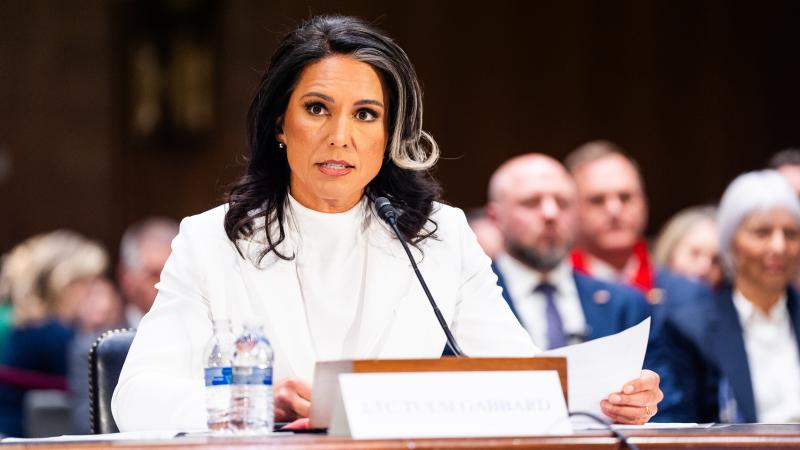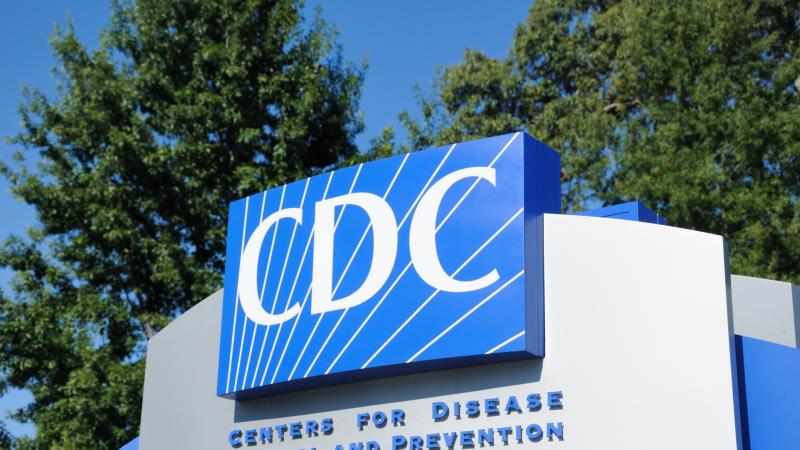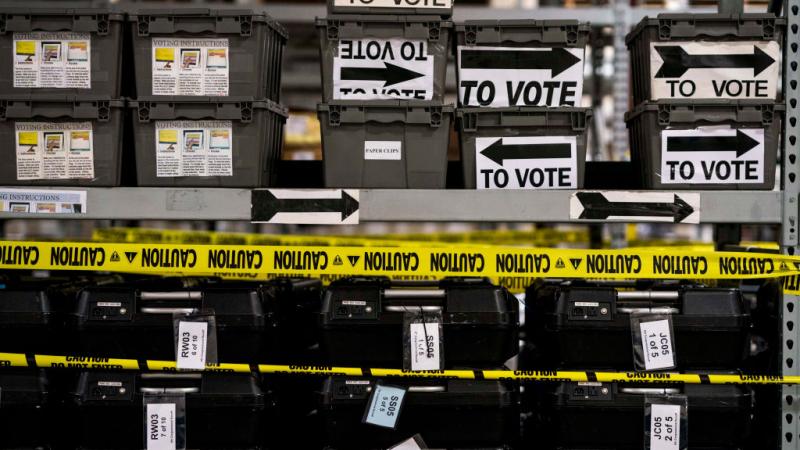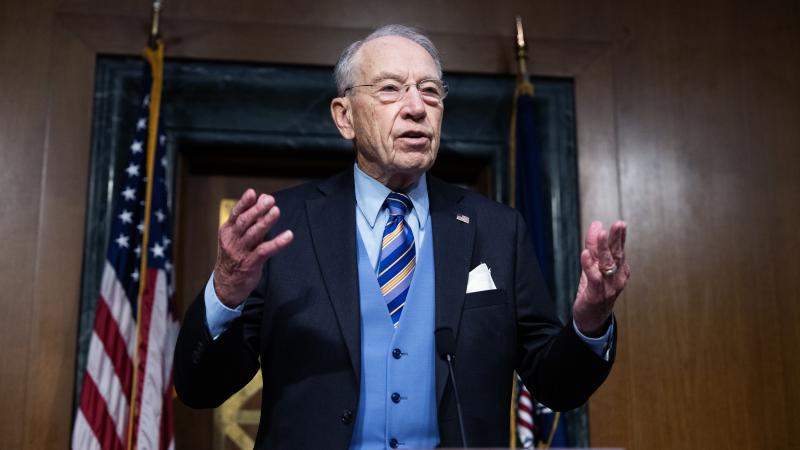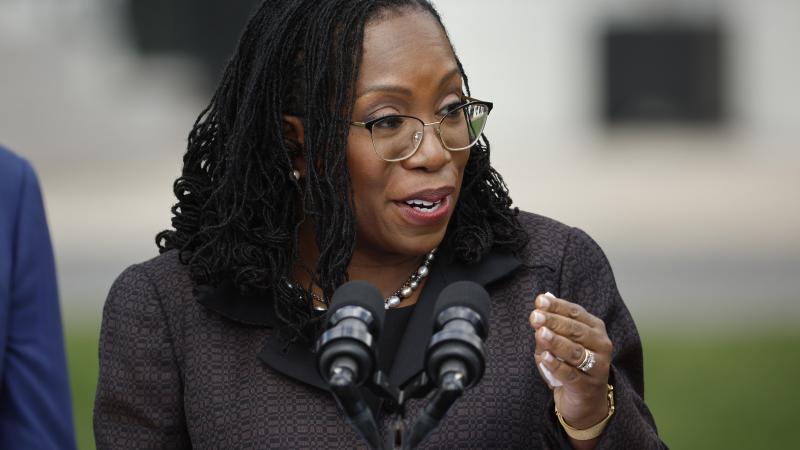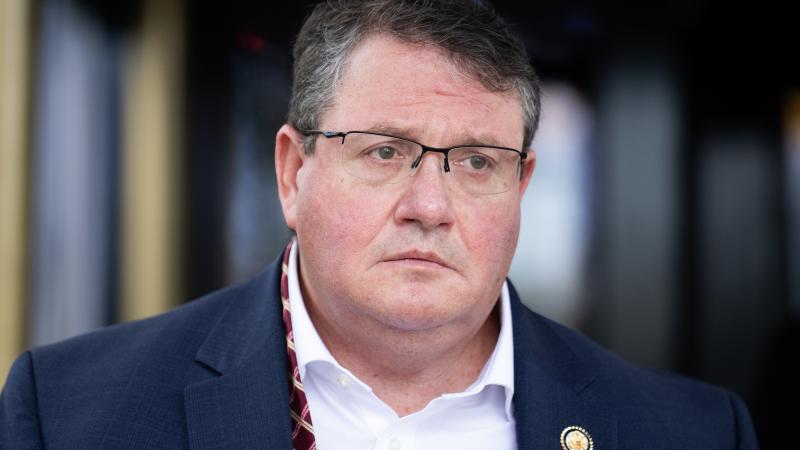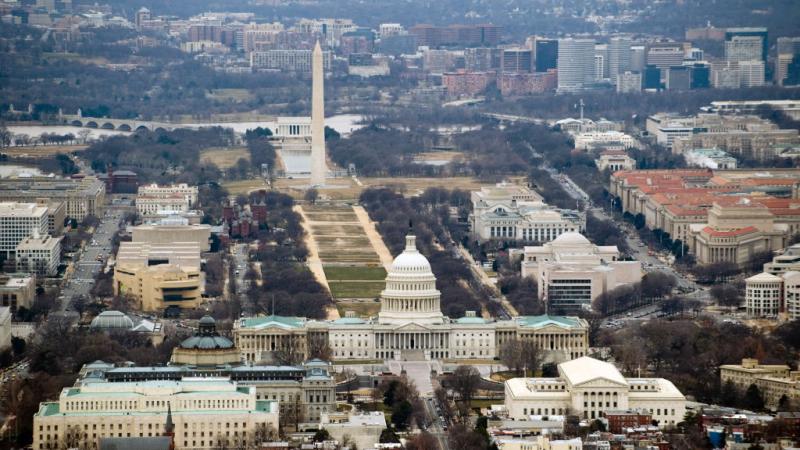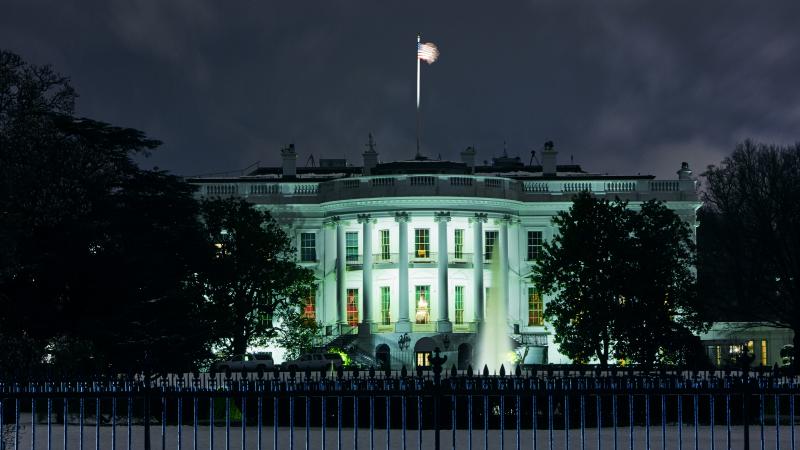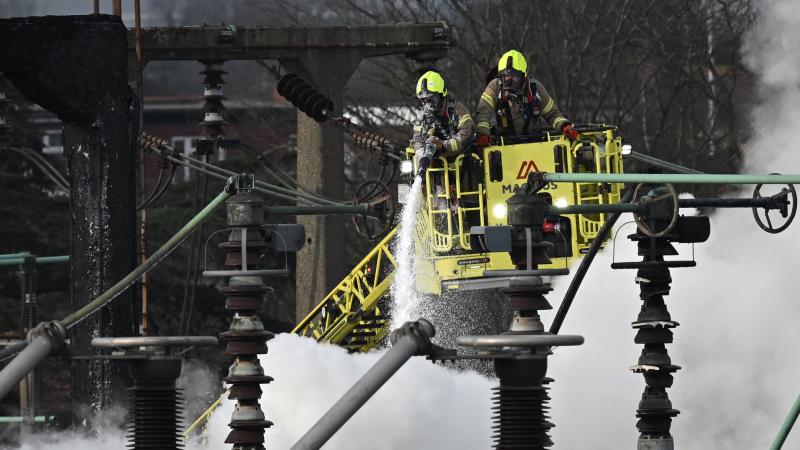Senate panel probes whether federal scientist destroyed COVID records sought by Congress
Senate panel is trying to determine why the feds delayed telling doctors for months about heart-inflammation risks from COVID vaccines.
Step aside Dr. Anthony Fauci, another senior government public health official is in the crosshairs of the most aggressive COVID-19 investigator in Congress.
Sen. Ron Johnson, R-Wis., the chairman of the Permanent Subcommittee on Investigations, is investigating whether the Centers for Disease Control and Prevention's Tom Shimabukuro scrubbed his own emails that lawmakers believe could reveal why the feds delayed telling doctors for months about heart-inflammation risks from COVID vaccines.
Shimabukuro, the director of the Immunization Safety Office, "probably destroyed documents" subpoenaed by the subcommittee, Johnson told the Just the News, No Noise TV show.
Shimabukuro has served as team lead for the Vaccine Adverse Event Reporting System and Vaccine Safety Datalink and safety team lead on the COVID-19 Vaccine Task Force.
While cautioning "maybe I'm going too far," Johnson noted feds denied they had any relevant communications from Shimabukuro, who prominently briefed the CDC and Food and Drug Administration's outside advisors before votes on key policy decisions.
"He was central to safety surveillance" for COVID vaccines, Johnson said, but the Senate panel “couldn't even find out whether he was still working.
The CDC and HHS did not respond to requests for comment on the status of Shimabukuro.
'The real smoking gun'
Johnson said he has referred Shimabukuro to Attorney General Pam Bondi and FBI Director Kash Patel. "I'm not sure where that goes, because the records that he may have destroyed" were under Johnson's preservation orders, which "should have been filtered down to the key personnel" including Shimabukuro, he told Just the News, No Noise.
He told Bondi, Patel and HHS Principal Deputy Inspector General Juliet Hodgkins in an April 9 letter that HHS told him March 19 "they are having difficulty locating" Shimabukuro's records, which "remain lost and, potentially, removed" from its system "altogether."
If so, that has "directly obstructed my multi-year oversight efforts of the COVID-19 vaccines" and violated Johnson's preservation directives and the Federal Records Act, the senator said.
Some disclosures in the subcommittee's May 21 interim report, probed in a hearing that day, come from unredacted versions of documents the feds scrubbed in earlier FOIA productions, one a "17-page talking points memo" with nothing "revealing," Johnson said.
"But what we did find out is that, without a doubt, the FDA, the CDC, [National Institutes of Health], they understood, they knew about the myocarditis signal," and not just because "Israeli officials had contacted them at the end of February," he told Just the News, No Noise.
"I think probably the real smoking gun is internally, as they were discussing whether or not to issue a warning on the [CDC's] Health Alert Network" in light of the myocarditis signal, officials issued a "lower level notice" that was missing proposed advice to doctors to tell myocarditis patients to "avoid strenuous exercise" for a few months, Johnson said.
Johnson fumed that public officials "completely blow us off" despite "70-some oversight letters" on the subject, and he said the subcommittee has to rely on others going to court to get at least redacted FOIA documents so it knows what to seek unredacted.
Stayed quiet amid college mandates on students at highest vaccine risk
While myocarditis and pericarditis have been flagged as side effects since February 2021, when college students at higher vaccine risk started getting hit with campus mandates, the risk didn't get mainstream media credibility until Shimabukuro's presentation four months later to the FDA's Vaccines and Related Biological Products Advisory Committee.
CDC research discovered that 12-24 year-olds represented more than half of myocarditis and pericarditis reports through May 31 of that year even though they only accounted for 9% of administered mRNA vaccines — nearly three times the high end of the "expected" report rate, he told advisors.
Shimabukuro also presented data that undermined CDC recommendations to get flu and COVID vaccines at the same time. His October 2023 presentation noted the Vaccine Safety Datalink's discovery of "an elevated risk" of ischemic stroke in people 65 and up who received same-day Pfizer and flu vaccines earlier that year.
Likewise, Peter Marks, then-director of the FDA's Center for Biologics Evaluation and Research, said in fall 2023 he would "probably" space out his updated COVID vaccine and flu vaccine by two weeks to "minimize the chance of interactions and minimize confusing side effects from one with another." Marks left the agency this spring.
Former Office of Vaccines Research and Review deputy director Philip Krause went even further than Marks.
He told Congress last year he didn't even get a booster and said the 1-in-5,000 rate of heart inflammation in young men gave "pause" to him and his boss Marion Gruber, also sidelined. Both objected to full approval on an accelerated timeline and then booster authorization.
